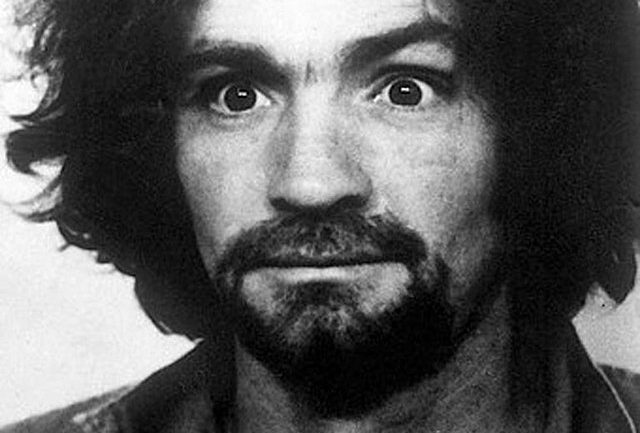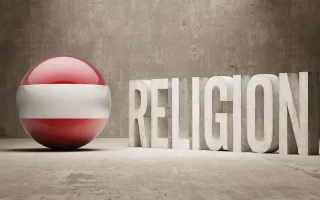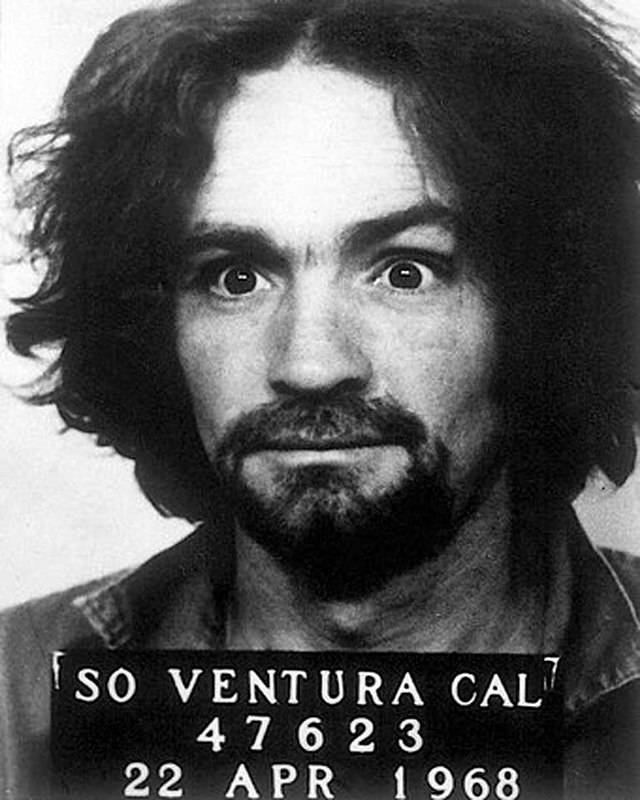
Throughout history, cults have often emerged during times of societal upheaval, presenting new ideologies and challenging established norms. While some have faded into obscurity, others have left indelible marks on cultures, politics, and religions. Here, we explore eight cults that have significantly influenced the world.
1. The Peoples Temple
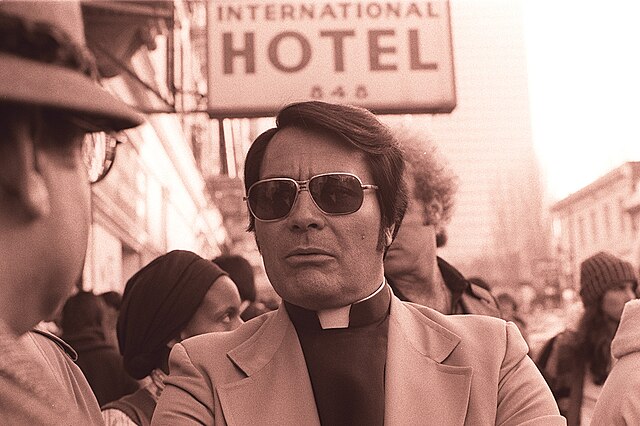
Founded by Jim Jones in the 1950s, the Peoples Temple is infamous for the tragic Jonestown massacre in 1978. Originally based in Indiana, Jones moved the group to California before establishing Jonestown in Guyana. The promise of a socialist utopia ended in horror when over 900 members died in a mass murder-suicide. This event highlighted the dangers of absolute power and blind obedience, leading to increased scrutiny of cult-like organizations and prompting changes in mental health and social policies.
2. Heaven’s Gate
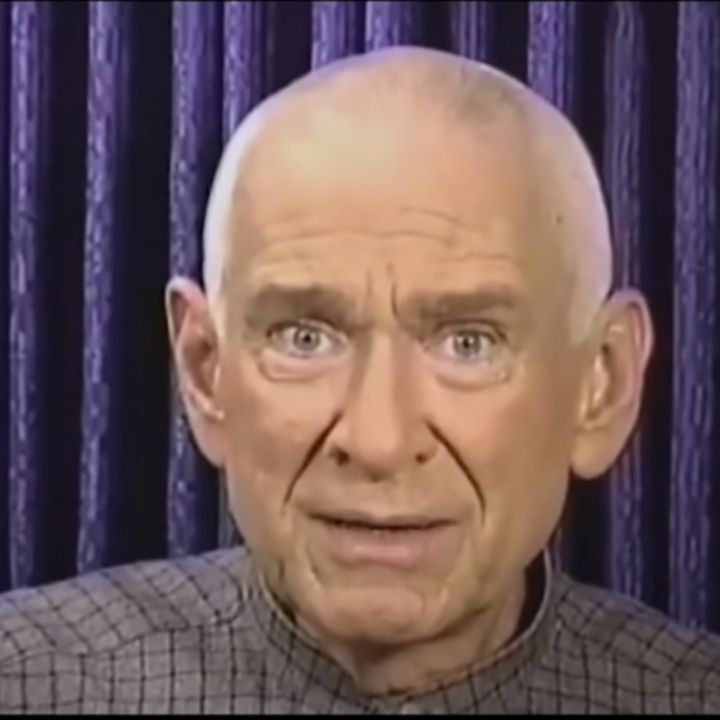
Heaven’s Gate was a UFO religious cult founded in the 1970s by Marshall Applewhite and Bonnie Nettles. Believing that their souls could ascend to a spaceship following the Hale-Bopp comet, the group’s teachings combined elements of Christianity with space-age mysticism. In 1997, 39 members committed mass suicide in California, hoping to reach the extraterrestrial vessel. This shocking event brought widespread attention to the phenomenon of millennial cults and the influence of charismatic leaders on vulnerable individuals.
3. The Manson Family
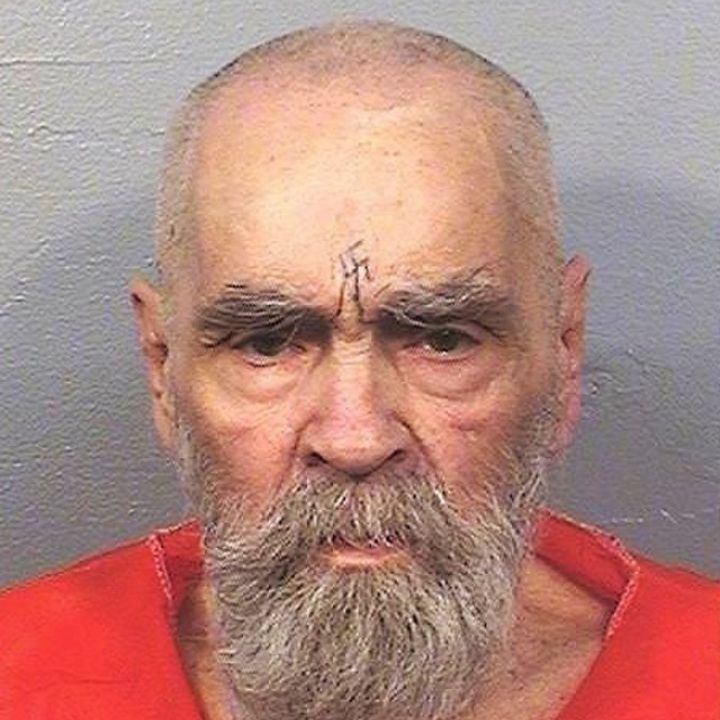
Led by Charles Manson in the late 1960s, the Manson Family became notorious for their violent crimes, including the murder of actress Sharon Tate. Manson convinced his followers that an apocalyptic race war, which he called “Helter Skelter,” was imminent. The group’s brutal actions and Manson’s disturbing charisma shocked the nation, leading to widespread media coverage and influencing popular culture. Their crimes underscored the potential for manipulation and violence within close-knit, insular groups.
4. The Branch Davidians
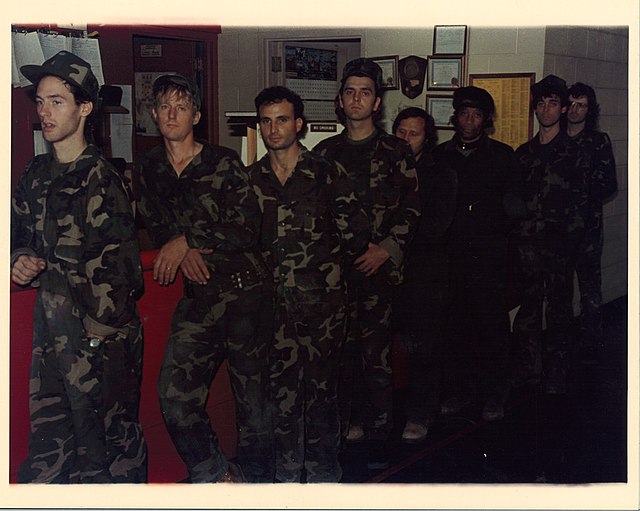
The Branch Davidians, an offshoot of the Seventh-day Adventist Church, were led by David Koresh in the early 1990s. Their standoff with federal agents in Waco, Texas, resulted in a deadly siege and fire in 1993, killing 76 members, including Koresh. This event sparked national debates about religious freedom, government intervention, and law enforcement tactics. The Waco siege remains a potent symbol of the tension between fringe religious groups and governmental authority.
5. Aum Shinrikyo
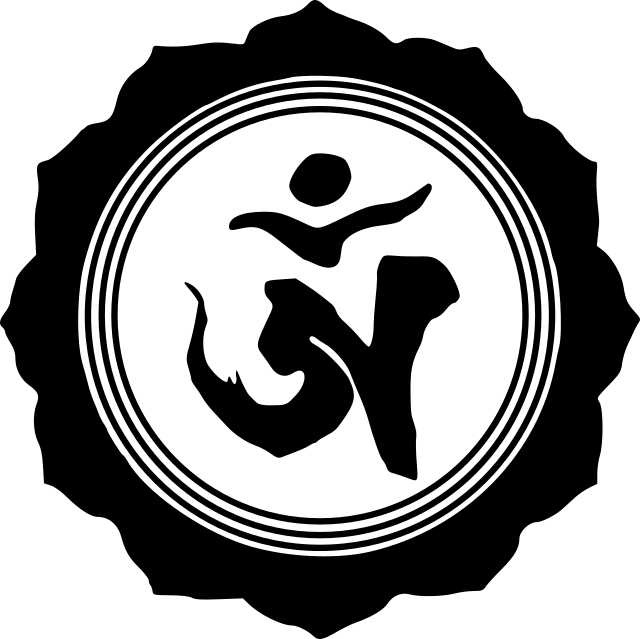
Founded by Shoko Asahara in 1984, Aum Shinrikyo blended Buddhist and Hindu beliefs with apocalyptic Christian prophecies. The cult gained international notoriety in 1995 after releasing sarin gas in the Tokyo subway, killing 13 and injuring thousands. This terrorist act brought global attention to the threat of religious extremism and bioterrorism. Japan responded by tightening security measures and enacting stricter laws to monitor and control dangerous cults.
6. The Children of God
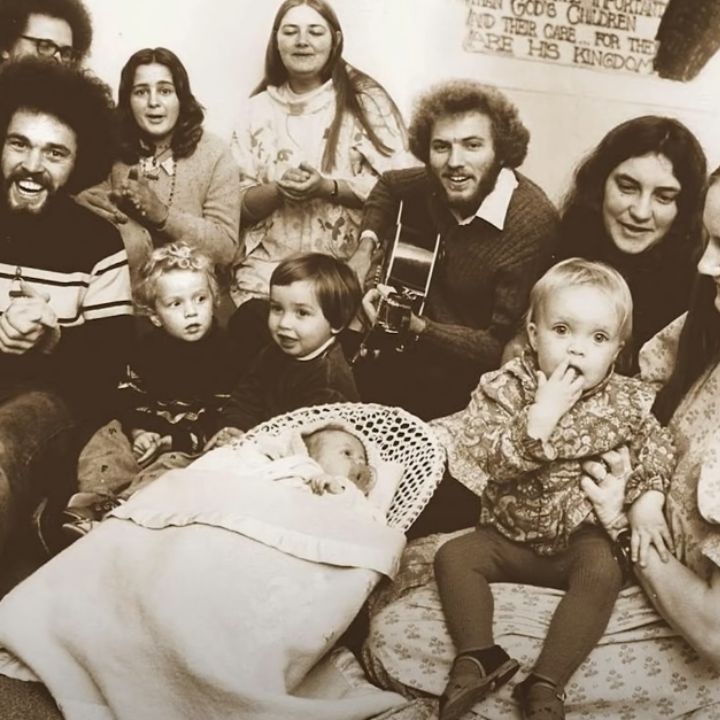
Also known as The Family International, this cult was founded by David Berg in 1968. Known for its radical approach to Christianity and controversial practices, including “flirty fishing” (using sex to recruit new members), the group faced numerous allegations of abuse. The Children of God had a significant cultural impact, influencing notable figures like actors Rose McGowan and Joaquin Phoenix, who were raised in the cult. Their experiences have helped shed light on the psychological and social impact of growing up in such environments.
7. Scientology
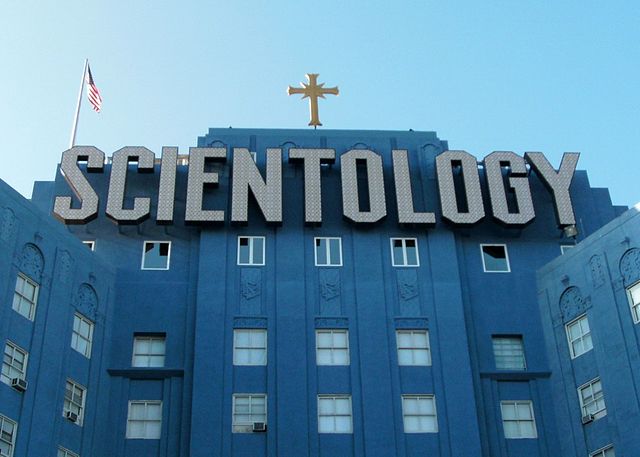
Founded by science fiction writer L. Ron Hubbard in 1953, Scientology has grown into a global movement with significant influence and wealth. Despite its classification as a religion by its followers, many critics label it a cult due to its secretive nature and aggressive stance against detractors. Scientology’s high-profile members, including Hollywood celebrities, have kept it in the public eye, prompting ongoing debates about religious freedom, mental health, and the power dynamics within spiritual organizations.
8. The Solar Temple
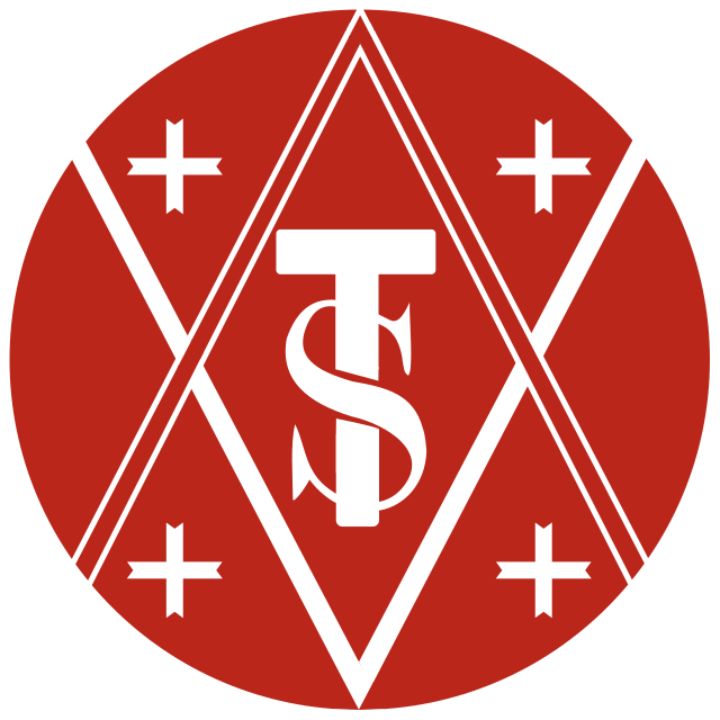
The Order of the Solar Temple, established in the 1980s by Joseph Di Mambro and Luc Jouret, was a secretive society combining elements of the Knights Templar, Freemasonry, and New Age beliefs. The cult gained notoriety in the 1990s following a series of murder-suicides in Switzerland, Canada, and France, resulting in over 70 deaths. These events highlighted the potential for violence in apocalyptic cults and led to increased international cooperation in monitoring and preventing such tragedies.
Cults That Have Changed History
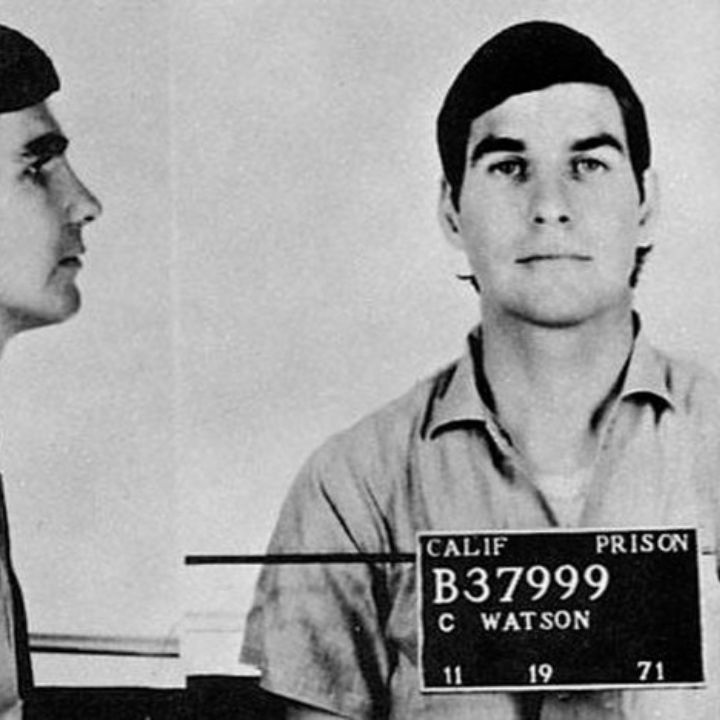
Cults have undeniably shaped the course of history, often through tragic and dramatic events. Their stories serve as powerful reminders of the complexities of human belief and the potential for manipulation by charismatic leaders. Understanding these groups helps us recognize the signs of dangerous ideologies and protect vulnerable individuals from exploitation. To stay informed about the influence of cults and other fringe groups, subscribe to our newsletter and follow our in-depth coverage on these critical issues.


